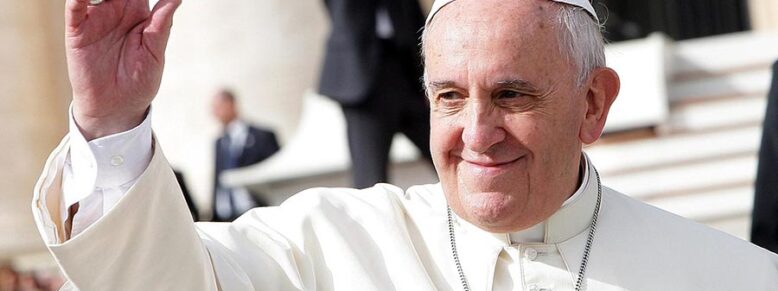CHLOE is not only a popular girls name. CHLOE is also the name of a new AI-based decision support tool in use in a handful of fertility clinics. Developed by the Israeli company Fairtility, “Cultivating Human Life through Optimal Embryos” (CHLOE) has been promoted as a tool to, in the words of the company, help improve IVF outcomes by helping to determine the likelihood of an embryo becoming a viable pregnancy. CHLOE is used to monitor and analyse embryos so that embryologists can make ‘better decisions’ on which embryos to implant. The AI tool has been clinically tested on over 50,000 embryos and works by grading and giving a score to an embryo based on an algorithm. The AI tool has a name, CHLOE, the human being at his or her early stage has a number, is analysed, graded, and given a score for quality.
Read more >>










